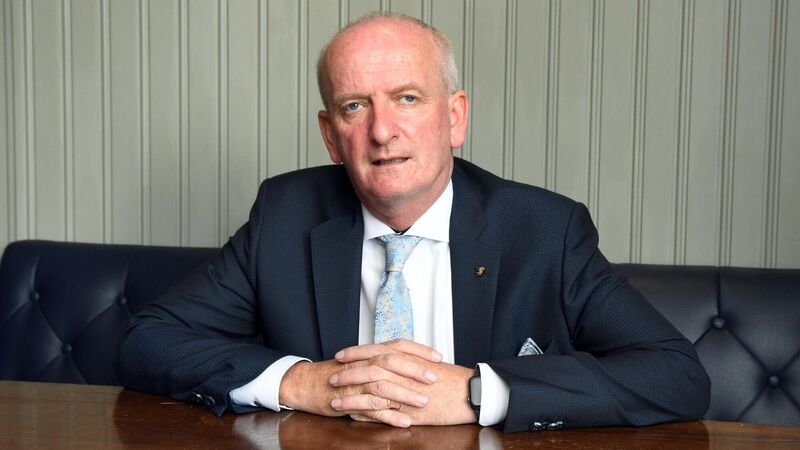Patients will have more access to care on phone app

HSE chief executive Bernard Gloster: What I want to see next year is a much greater footprint across Ireland of the use of digital for that direct patient management.' Picture: Denis Minihane
The healthcare sector is to expand the use of mobile phone apps from next year, with patients given access to applications to manage their own care, HSE chief executive Bernard Gloster has said.
The Public Health Reform Expert Advisory Group has highlighted its frustration at the slow pace at which technology is introduced into healthcare settings.










